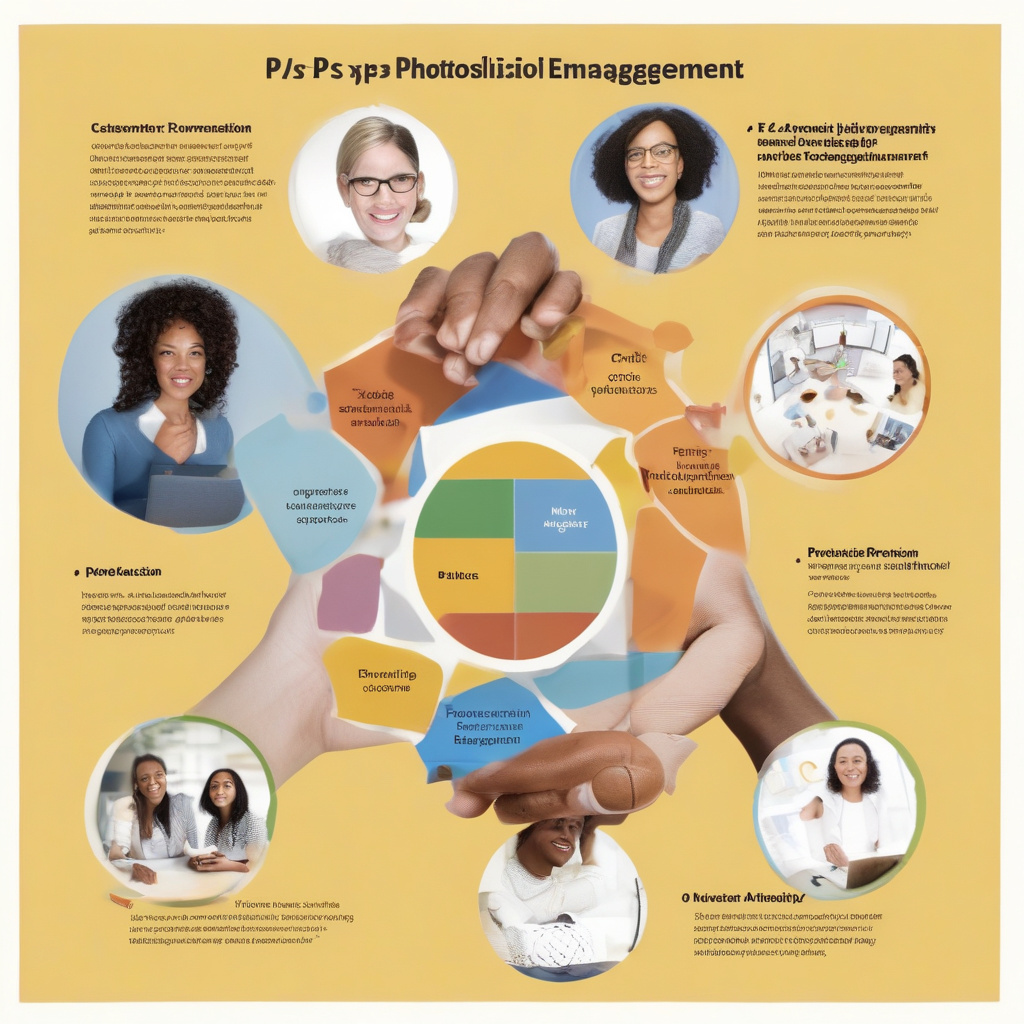The Evolution of Customer Engagement: Introducing the New 4 Ps
In today’s fast-paced digital landscape, the way brands engage with customers is constantly evolving. With the rise of new technologies and platforms, marketers are faced with the challenge of adapting their strategies to meet the changing demands of consumers. One approach that has gained traction in recent years is the shift from campaign-centric marketing to journey-centric execution. This new approach focuses on creating seamless and personalized experiences for customers throughout their entire journey with a brand. To succeed in this new era of customer engagement, marketers must embrace a new set of principles – the new 4 Ps of customer engagement.
- Personalization
Personalization lies at the core of journey-centric marketing. Customers today expect personalized experiences that cater to their individual needs and preferences. By leveraging data and analytics, marketers can gain valuable insights into customer behavior and preferences, allowing them to deliver targeted and relevant content at each touchpoint. Personalization not only helps to drive engagement and loyalty but also allows brands to stand out in a crowded marketplace.
For example, online retail giant Amazon uses personalized recommendations based on a customer’s browsing and purchase history to create a tailored shopping experience. By personalizing the homepage and product recommendations, Amazon increases the likelihood of customers making a purchase, ultimately driving sales and customer satisfaction.
- Proximity
Proximity refers to the ability of marketers to engage with customers at the right time and place. In today’s mobile-first world, consumers are constantly connected through their smartphones and other devices. Marketers can leverage location-based technologies such as GPS and beacons to deliver targeted messages to customers based on their physical location. By reaching customers when they are in close proximity to a store or point of sale, brands can drive foot traffic and increase conversions.
For instance, Starbucks uses geofencing technology to send personalized offers and promotions to customers when they are near a Starbucks store. By leveraging proximity-based marketing, Starbucks is able to drive impulse purchases and increase store visits.
- Participation
Participation involves engaging customers as active participants in the brand experience. In today’s social media-driven world, consumers expect to have a voice and be heard by the brands they support. Marketers can create opportunities for customers to participate in contests, polls, and user-generated content campaigns to foster a sense of community and belonging.
A great example of participation in action is Coca-Cola’s “Share a Coke” campaign, where customers were encouraged to personalize Coke bottles with their names and share them on social media. By inviting customers to participate in the campaign, Coca-Cola created a sense of ownership and connection with the brand, resulting in increased brand loyalty and engagement.
- Predictive Analytics
Predictive analytics involves using data and machine learning algorithms to anticipate customer needs and behavior. By analyzing past interactions and purchase history, marketers can predict future actions and preferences, allowing them to proactively tailor their marketing efforts. Predictive analytics can help brands identify high-value customers, forecast trends, and optimize marketing campaigns for better results.
For example, Netflix uses predictive analytics to recommend personalized movie and TV show suggestions to its subscribers. By analyzing viewing history and user behavior, Netflix can predict what content a viewer is likely to enjoy, leading to higher engagement and retention rates.
In conclusion, the new 4 Ps of customer engagement – Personalization, Proximity, Participation, and Predictive Analytics – offer a roadmap for marketers to succeed in today’s journey-centric marketing landscape. By embracing these principles and focusing on creating seamless and personalized experiences for customers, brands can drive engagement, loyalty, and ultimately, business growth in an increasingly competitive market.
customer engagement, digital marketing, journey-centric marketing, personalized experiences, predictive analytics
